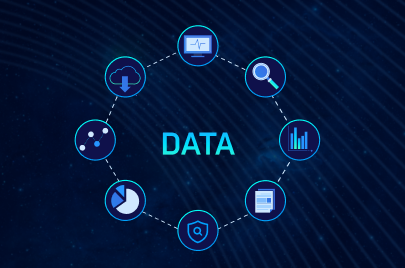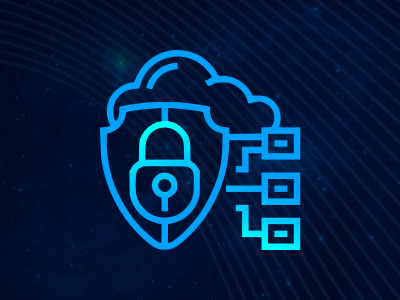Residential proxies: General information
21 March 2020
On Astro, a best trusted proxy website, anyone can buy residential, mobile and datacenter proxies. Today, let’s talk about what a proxy server and IPs are, how a proxy differs from a data center, who needs it and how to find a good provider.
What is a proxy?
To understand what a residential proxy is, let’s get back to the definition of the term. A proxy is a kind of intermediary component (server) that provides connection between a personal computer or mobile device and the global network. It mediates traffic between end users and Internet resources, which they browse for. When users request access to a website, they send data through the proxy to the website. Once they have gotten access, the target website returns the data via the proxy to the users, so they finally see what they want to see.
Proxies are getting more sophisticated and functional: they can be set up to permit or restrict access to particular resources. They play a crucial role in providing privacy and securing users’ data against hacks.
What is an IP address?
Before you buy the best residential, mobile or datacenter proxies, make sure you understand how the IP thing works. An IP address is a unique combination of digits, numbers and dots, which is assigned to every Internet user, and by which ISPs can identify users and their devices. With their help, ISPs track users’ every step online: they see all sites visited, files downloaded/uploaded, their location, etc. In combination, this information allows them to determine your device’s type, OS, browser preferences, and other things, which you may not want to share.
The downside of this is that third parties can access this information. In authoritarian countries governments have the right to collect this data from ISPs. Not infrequently, users face difficulty accessing foreign resources, because they may geo-block users from particular countries.
Also, users, who need to scrape data from other websites and/or deal with SEO, may get flagged by these websites. This happens when users try to access sites from different accounts while using the same IP address, run social media bots, etc. There are, however, ways around these barriers. This is where geo-targeted proxies come in handy, and buying them from a trusted website helps millions of people worldwide.
Difference between residential and datacenter proxies
Datacenter proxies are provided by data centers, and they do not refer to particular ISPs. Therefore, websites and resources cannot tell an ISP by a user’s IP address. Many people find datacenter proxies best, because it’s easier to hide users’ IP addresses with their help.
A residential proxy provides a residential IP address, which, in turn, is assigned by an Internet Service Provider to a homeowner. More specifically, it is an IP assigned to a device (a smartphone, laptop, PC, tablet, etc.), which serves like a proxy server and is connected through a commercial ISP. Every time a user changes residence, he or she gets a new residential IP address. When a person buys a residential IP address, it is attached to their device and reflects a physical location different from where a person really lives.
Thus, your real IP will be hidden behind this residential IP; it is the latter that will be visible to the target website. Residential IPs look quite so real to websites, so they see no reason to block them. Besides, providers of residential IPs do not have inventories of private IPs and therefore cannot sell them to third parties.
There is hardly telling which one is better. Each option is good for a particular set of purposes. The choice, which is best to buy, residential or datacenter proxies, depends on individual goals and preferences. Residential IPs are not directly intended for hiding users’ identities and therefore have a better reputation than datacenter proxies, which are popular among hackers.
Who uses a residential proxy?
Many users choose residential proxy networks when they need to make their IP addresses invisible for the websites they visit. This really works for those who wish to parse and scrape data from websites with the help of bots. Particularly, residential proxies are great for ad verification, collecting pricing data and social media management.
Because residential IP addresses are assigned to devices, they look like ordinary users to websites and are less likely to be blocked. However, search engines allow only a limited number or requests from a particular IP, which you should not exceed. If you do, you still may get blocked.
Also, providers offer residential rotating (backconnect) proxies, which will help you hide your IP behind several proxies, not just behind one. Every time you go online, you will be connected to a different proxy. They switch between themselves at brief intervals (5 to 10 minutes), so your IP address will change before a target website identifies and bans you for too many requests.
Finding a trusted proxy website
There are lots of residential proxy networks, and choosing a decent provider can be a challenge. Many of these companies offer free connection. However, it is not advisable to use free services, because many of them sell users’ personal data left and right, and users’ accounts get hacked soon after that.
Astro is among best residential, mobile and datacenter proxy providers, where millions of users choose to buy geo targeted, individual, anonymous IPs. As a reliable site, we offer a number of plans that suit users with various tasks and financial capabilities. Users can make their choice based on expected traffic usage and find a residential proxy in any of the countries within our scope: Russia, Ukraine, Belarus, Kazakhstan, Germany and France.



